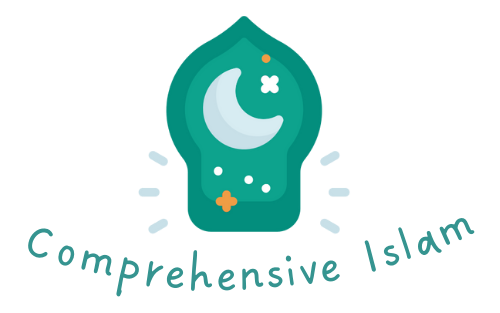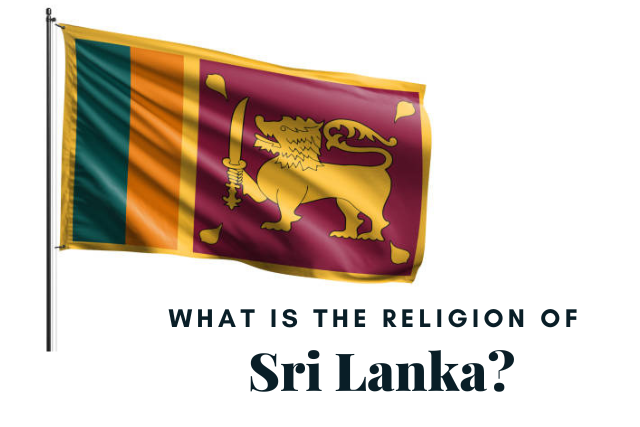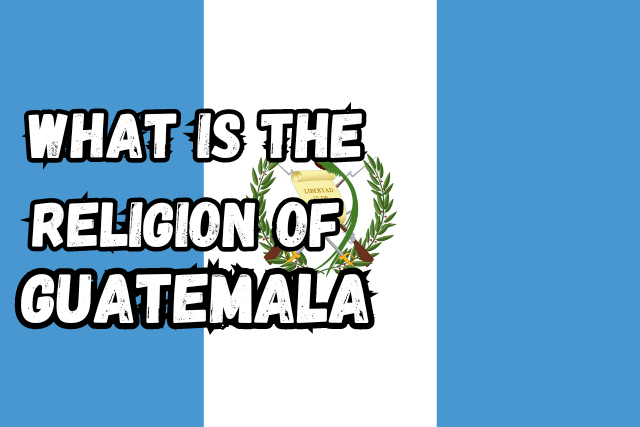What is the Religion of Yemen | Yemen’s Spiritual Landscape

Nestled at the southern tip of the Arabian Peninsula, Yemen boasts a rich tapestry of culture and history. Central to this cultural mosaic is the religious identity that shapes the lives of its people. Here, I delve into the question: What is the religion of Yemen?
In Yemen, faith is like a colorful tapestry woven with threads of history and culture. The people here carry the wisdom of their ancestors, and every bustling market and towering mountain has a story to tell. It’s a place where the past and the present dance together, creating a unique blend that makes Yemen truly special.
The majority of Yemenis adhere to Islam. However, the religious fabric extends beyond Islam, encompassing smaller communities practicing Judaism and Christianity, each contributing to Yemen’s unique spiritual heritage.
Whether you’re curious about Yemen’s cultural nuances or planning to visit, this exploration will introduce you to the religious mosaic that enlivens this ancient land.
Islam | A Unifying Force

Islam, the predominant religion in Yemen, plays a central role in shaping the beliefs, practices, and cultural identity of the Yemeni people. The majority of Yemenis adhere to the Sunni sect, with a significant portion following the Zaidi Shia tradition.
The teachings of the Quran and the Hadith guide daily life, societal norms, and governance structures. Key aspects of Islamic practice, including the five pillars (Shahada, Salah, Zakat, Sawm, and Hajj), form the foundation of individual and communal life. Mosques serve as centers for worship, education, and community gatherings, fostering a sense of unity among believers.
Islamic festivals, such as Eid al-Fitr and Eid al-Adha, hold special significance in Yemen. These occasions bring communities together for prayers, feasts, and acts of charity. The fasting month of Ramadan is observed with heightened spirituality, emphasizing self-discipline, reflection, and communal solidarity.
Other Religious Communities
Judaism

While a minority in Yemen, the Jewish community has a long and rich history in the country. Jewish Yemenis historically lived in separate quarters known as “Jewish quarters” or “Harat al-Yahud.” Their religious practices and traditions, including unique prayer customs and celebrations, have contributed to Yemen’s cultural diversity.
Yemen was home to one of the oldest Jewish communities in the Arabian Peninsula. The Jewish presence in Yemen dates back centuries, and their history is intertwined with the broader narrative of Yemeni society. Over the years, many Yemeni Jews migrated to Israel, reducing the size of the community, but their legacy continues to be an integral part of Yemen’s history.
Christianity

Christianity is represented by a small minority in Yemen. The Christian community, consisting mainly of expatriates and foreign workers, practices their faith in designated places of worship. While Christians face certain challenges due to their minority status, they contribute to Yemen’s cultural mosaic.
Christian congregations in Yemen gather for worship, prayer services, and religious observances. The Christian community adds a layer of religious diversity to the social fabric, fostering dialogue and mutual understanding among different faith groups.
Indigenous Beliefs

Indigenous beliefs in Yemen encompass a variety of pre-Islamic and traditional practices that predate the arrival of major world religions. These beliefs often involve reverence for natural elements, ancestral spirits, and local deities.
While not as prominent as Islam, these indigenous beliefs persist in certain communities, influencing cultural expressions and rituals. Indigenous beliefs influence cultural practices, including traditional dances, ceremonies, and folklore. These practices are often deeply rooted in the local landscape and contribute to the cultural richness of Yemen.
Impact of Religion on Yemen’s People, History, and Traditions
Religion in Yemen is not just a set of beliefs; it is a force that intricately weaves through the fabric of Yemeni society. The impact of Islam is profound and extends to various aspects of Yemen’s identity.
Societal Impact
Religion, particularly Islam, exerts a profound influence on Yemeni society, shaping social structures and norms. The teachings of Sunni and Zaidi Shia Islam guide familial relationships, ethical values, and communal bonds. These religious principles play a crucial role in defining the collective identity of Yemeni society.
Moreover, the societal impact is evident in the adherence to Islamic principles in daily life, from family interactions to community engagements. The emphasis on hospitality, charity, and mutual support reflects the religious values ingrained in the fabric of Yemeni society.
Historical Influence
Religious beliefs have historically shaped the trajectory of Yemen, influencing political dynamics and societal structures. The historical narrative of Yemen is intertwined with religious events and movements, contributing to the formation of distinct religious communities and the establishment of religious institutions.
In addition, the interplay between religious and political forces has left a lasting imprint on Yemen’s history. From the rise of powerful dynasties to the establishment of religious centers, the historical influence of religion has played a pivotal role in shaping the nation.
Cultural Traditions
Yemen’s cultural traditions bear the indelible mark of religious influence, encompassing art, architecture, music, and daily rituals. In cultural expressions, religious motifs are incorporated into the architectural styles of mosques, used in calligraphy, and in art from mosques.
Cultural traditions are often intertwined with religious festivities, marking significant events in the Islamic calendar. The celebration of religious holidays, such as Eid al-Fitr and Eid al-Adha, becomes a vibrant manifestation of cultural identity, uniting communities in shared traditions.
Overall, the impact of religion on Yemeni society extends across various dimensions, influencing societal structures, historical narratives, and cultural expressions. The interplay between religious principles and everyday life creates a unique and dynamic societal fabric in Yemen.
Conclusion
Yemen’s religious landscape reflects a tapestry of faiths, each contributing to the nation’s rich cultural heritage. Islam, as the predominant religion, shapes the daily lives and traditions of the majority, while the historical presence of Jewish and Christian communities adds diversity.
Indigenous beliefs further enrich Yemen’s cultural fabric, intertwining with everyday practices and festivities. The coexistence of these religious traditions highlights the resilience and pluralism of Yemeni society.
FAQs
Are there non-Muslim communities in Yemen?
Yes, Yemen is home to small communities practicing other faiths, including Christianity and Judaism. However, these communities are in the minority.
How does religion influence Yemeni traditions?
Religion plays a pivotal role in shaping Yemeni traditions, from daily rituals to celebrations and familial structures.
Is there religious freedom in Yemen?
Yemen acknowledges religious freedom, and the constitution guarantees the right to practice one’s religion. However, societal norms and regional variations may impact the practical application of this freedom.
What is the predominant religion in Yemen?
The predominant religion in Yemen is Islam.
What challenges do religious minorities face in Yemen?
Religious minorities, such as Christians and Jews, may face certain challenges due to their minority status, but they contribute to Yemen’s cultural mosaic.






